Kids swear – it is a part of growing up!
But, it gets embarrassing when they swear in public, or at family gatherings, doesn’t it?
As parents, it is our job to address it when it does happen, so you don’t have to go through the embarrassment.
Want to know how to punish a child for swearing?
Well, research has shown that kids respond better to positive reinforcement than negative consequences, especially when poor behavior has just begun.
If you have a young child who has just discovered swearing, offering them alternative words or actions to help reinforce good behavior might be the way to go.
However, what works for one child might not necessarily work for another.
No matter how much positive reinforcement you offer them, you could find that they continue to use the swear words that they shouldn’t.
This could be due to a couple of reasons we will dive into, but what punishments might be necessary to help stop using these bad words?
-

Bold Male Pride – Baseball Trucker Cap Celebrating Masculinity
£18.00 Select options This product has multiple variants. The options may be chosen on the product page -

Dad Bod Appreciation Gift Mug
£14.00 Add to cart -

Dad Bod, Bad Jokes Structured Baseball Cap
£22.00 Select options This product has multiple variants. The options may be chosen on the product page
Here are five tips on how to punish your child when they swear.
These tips range from positive activities to partake in that will help distract your child away from the use of curse words and punishments that will help enforce the notion that swearing is a bad thing to do.
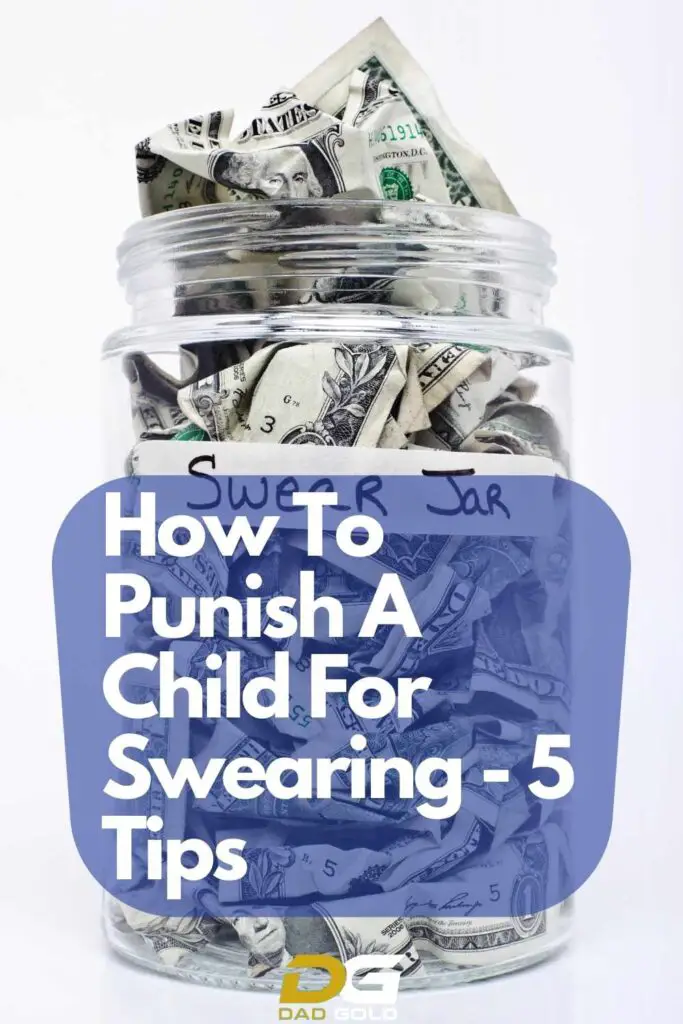
Understanding Where the Swearing is Coming From
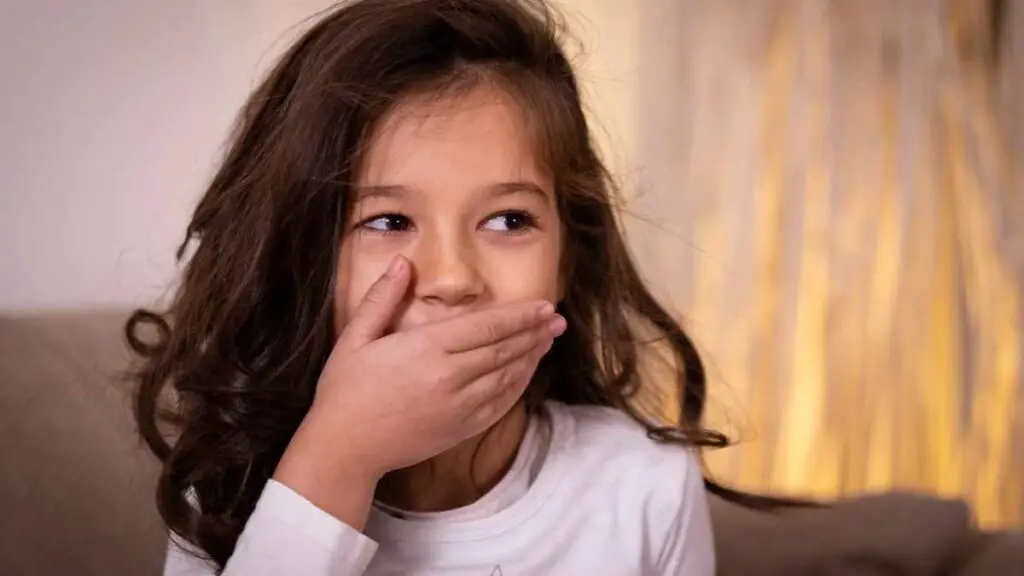
To adequately prevent your child from swearing, it’s essential to understand why they’re swearing. Many kids pick up on it from school or at home.
Either you’re one to swear a lot, and your children have become accustomed to it, or other kids have started swearing, and yours seeks the attention it brings.
If they’ve picked up on swearing from you, the answer is simple: lead by example and cut down on swearing.
Once it stops becoming a normal part of their vocabulary, your child will slowly realize that swearing isn’t a good thing.
If they’ve picked up on it from school, then you may have to show your child that what they’re doing is wrong.
They likely see their friends swearing and getting reactions from teachers and other students, so they associate bad behavior with attention.
Show them that negative attention isn’t something they should be seeking out.
Five Tips How to Curb Foul Language and Swearing
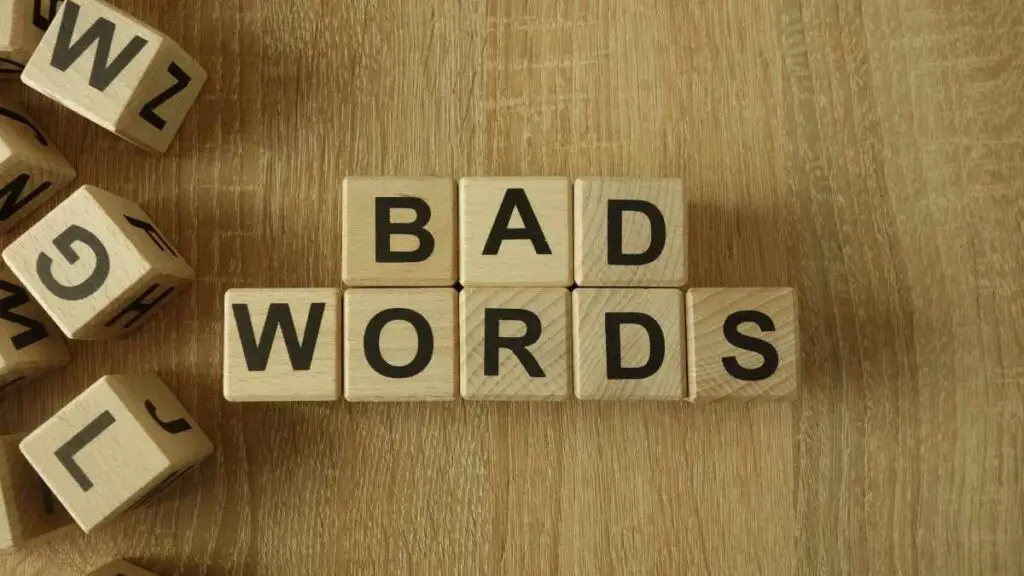
Here are five tips on how to curb your child’s use of swear words. These range from preventative measures to punishment if the swearing continues.
Resorting to punishment should be a last-ditch effort, only used when all else fails.
Children don’t necessarily respond appropriately to punishment and could continue swearing as a form of rebellion.
These five tips are recommended by experts who understand the psyche of children as they grow up.
Keep in mind that your child’s age will matter for how effective these are, as younger children respond best to positive reinforcement and energy concentration.
Lead By Example
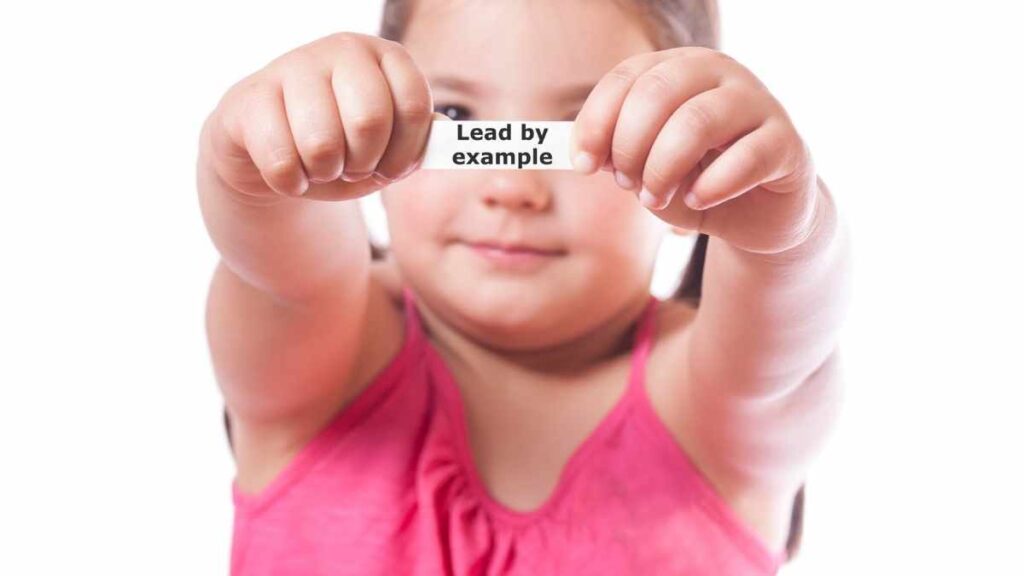
One of the most common reasons why children are swearing is because it’s part of the vocabulary of the house they’re living in. If the parents are swearing, then the children don’t understand why they shouldn’t be – swear words are just another word.
You quickly learn that kids mimic bad behavior more than you want them to!
If you’re prone to swear often, then your children will quickly pick up on those words and will begin using them.
Punishment is unlikely to work as they hear you using the words and find it unfair that they can’t also.
To curb your child’s use of swear words, it’s essential that you cut them out of your vocabulary, especially when your child is nearby.
Establish Strict Rules
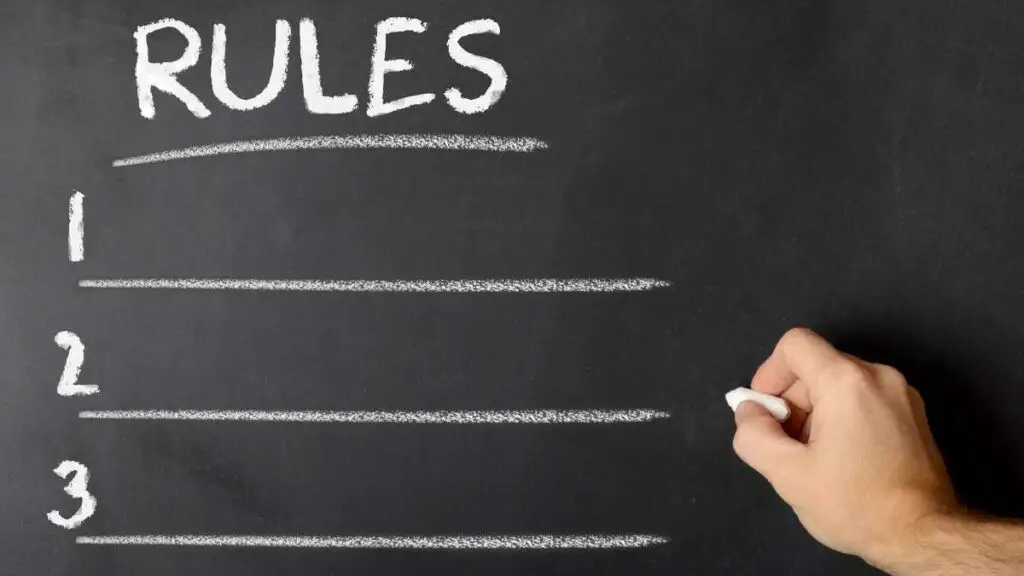
If your child has proven that they don’t quite understand the detriment of using these swear words, then you should consider enforcing stricter rules regarding their vocabulary.
The chances are that your child is saying these swear words at such a young age because they don’t quite understand they’re not supposed to.
If you enforce strict rules that regard swearing as a bad thing, they’ll start to understand and adhere to your guidelines. This could work for older children as well – once they know that there are consequences to the words they say, they’ll be much less likely to continue using them.
If the swearing continues for your older children, it could be a form of rebellion.
A strict rule could be losing some of their allowances. For instance, you could set up a swear jar. A reduction in their allowance should be enough to make them consider the words they use.
Concentrate Their Energy Elsewhere

One helpful parenting tactic is to divert their attention and energy away from the poor behavior. When your child continues to swear, instead of implementing a punishment, try to give them something to create – this helps separate poor behavior and good behavior in your child’s mind.
When they behave poorly, they have to create something beautiful in its stead.
This little trick is a great way to get the child to realize their poor behavior is terrible and help them associate bad language with the ugly.
Plus, it helps distract them, and it gets your child to think creatively, which is always great for their minds.
Have them Do Something Nice
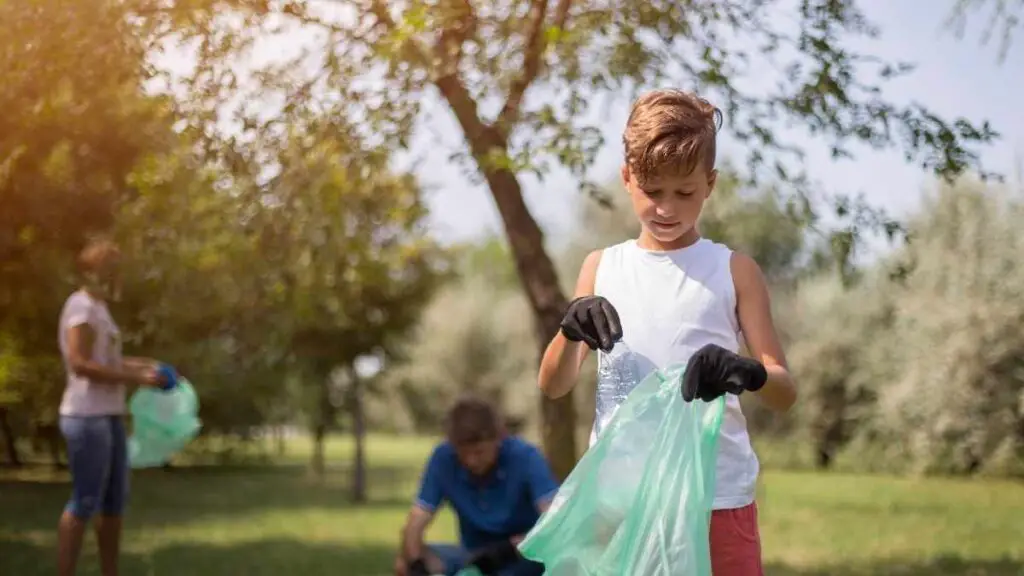
If their bad language was directed at someone specifically, have them do something or say something nice to the person. This will help your kid to start thinking about the positives of someone rather than allowing them to wallow in the negatives.
If your child is made to say something or do something nice, it will act as a punishment and a positive reinforcement.
Here are some random acts of kindness ideas you can try.
Many parents that have children that bully other kids at school implement this punishment. It works too! It’s a common practice for relationship help as it makes your child think of the nice things regarding the person they swore about.
Though your older children might resent the practice more than your younger ones, it’s still an excellent punishment technique to utilize.
They’ll be more resistant to the practice, but once they start thinking about nice aspects of their friend or colleague, they’ll be less inclined to swear at them.
Offer Them Other Words to Use

This is best used for younger children as they’re the ones who are discovering language more actively. Provide them fun replacement words to use instead of swear words.
If you offer them a list of funny words that allow them to vent their anger or dissatisfaction with a person or situation, they’ll quickly turn away from using swear words.
Funny, multi-syllable words are a fantastic replacement in a child’s vocabulary. They’ll start having fun, and the intentions of the words they’re using will quickly lose their meaning, curbing them away from swearing.
Conclusion
Foul language is something that we all need to deal with as we grow up. You can’t stop your child from being exposed to could language, but you can address it with correctional behavior.
Define the rules about swearing, and ensure that you follow through on any punishments for breaching these rules. Any time you hear a swear word, you need to act on it.
If you know that your child is sometimes near older kids using bad language, then try to remove your child from that situation. This is the same for family members.
Kids swear – it is part and parcel of growing up. It’s your job to stop your child from cursing!
Good luck.





